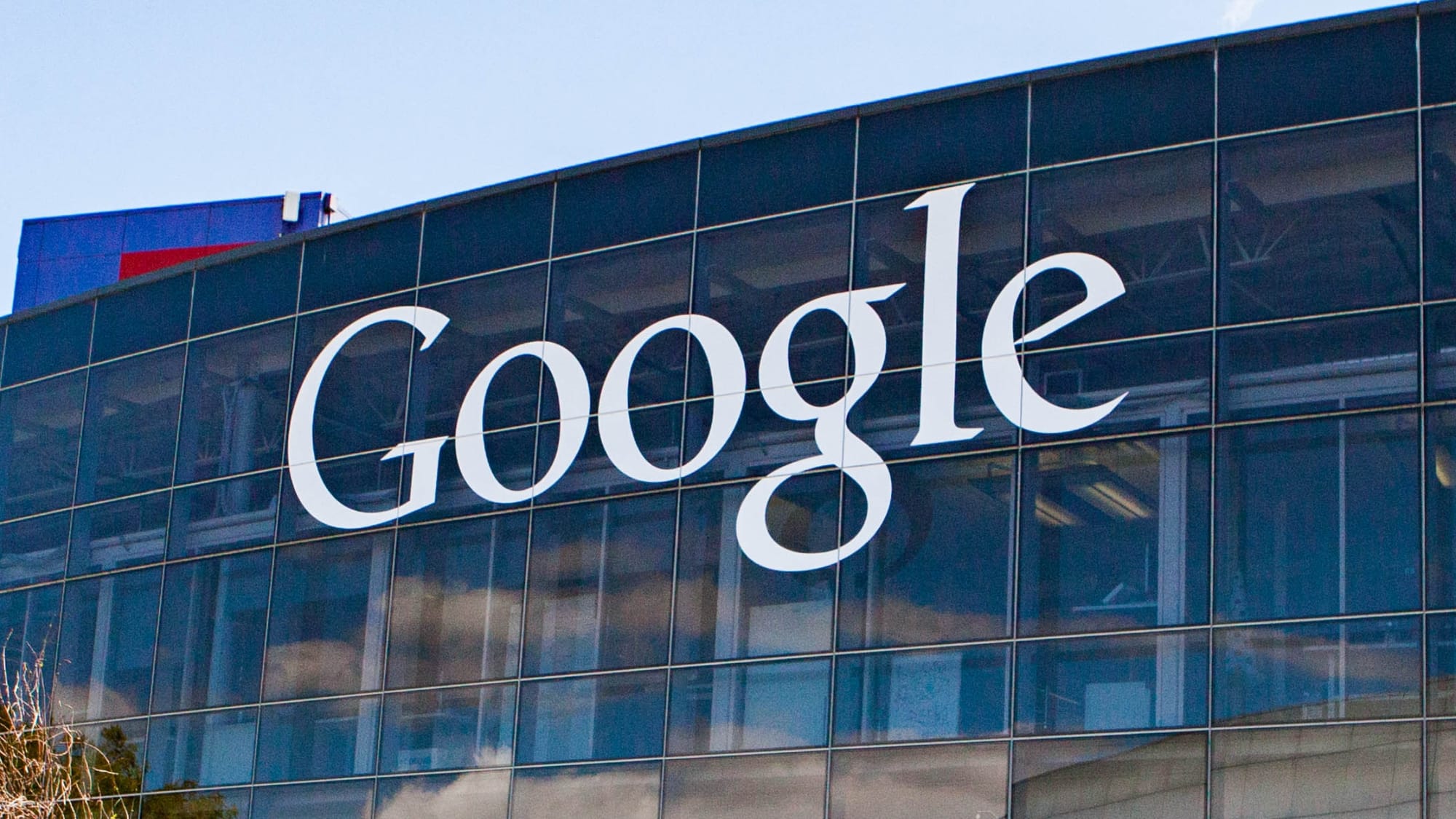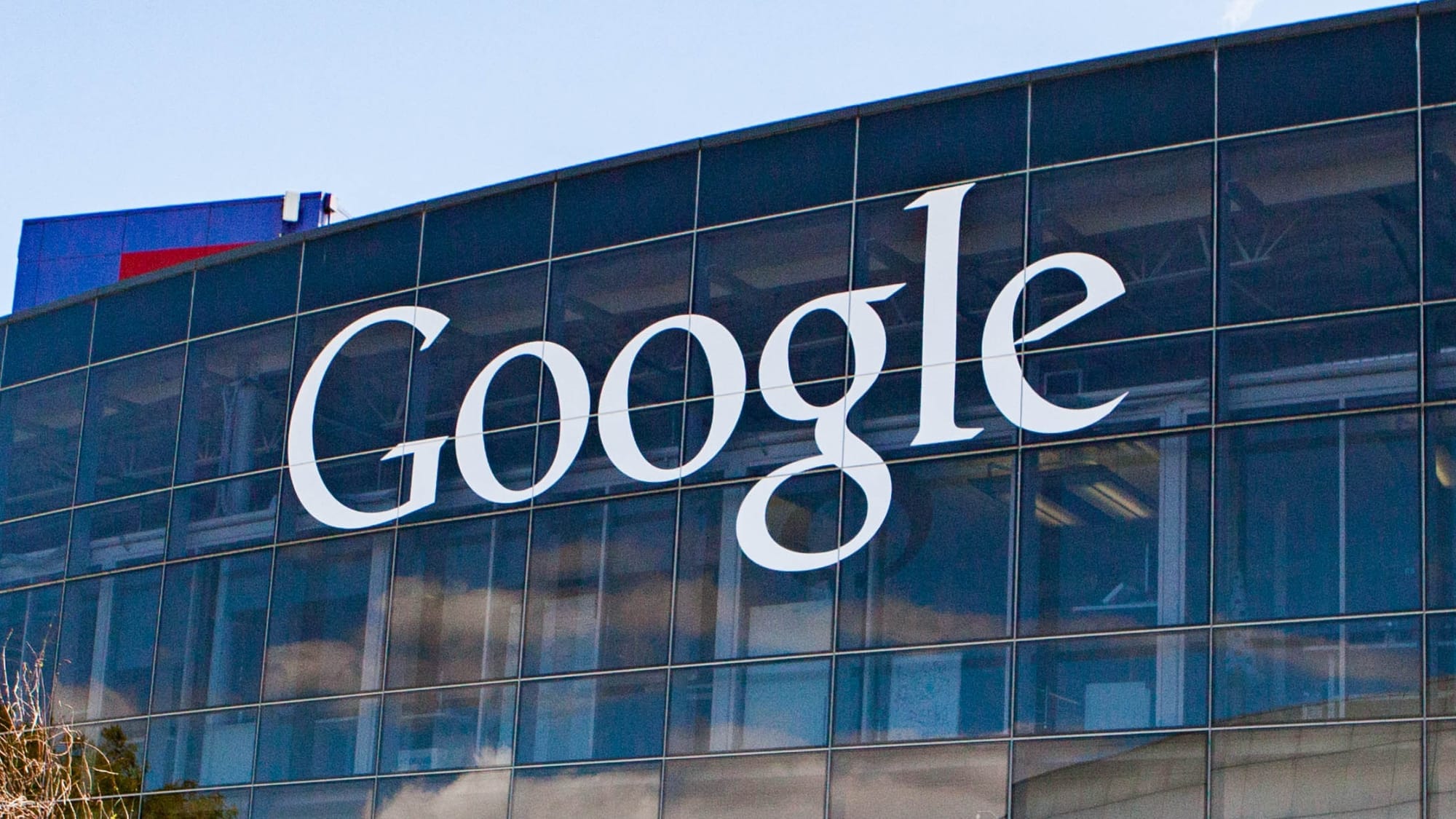
“Google is a monopolist, and it has acted as one to maintain its monopoly.” Those are the words of Judge Amit Mehta, who on Monday sided with the US Department of Justice (DoJ) and dozens of state attorneys general in their antitrust case against the search giant. The decision by the US District Court for the District of Columbia found the company had violated Section 2 of the Sherman Antitrust Act and that means a remedy will be necessary, but how far it will go may not be known for some time.
The ruling comes eight months after a jury in San Francisco found that Google’s Android app store was also an illegal monopoly, but a case brought by the DoJ under the Sherman Act targeting Google’s search business is a much bigger deal. Google was found not only to have a monopoly in search, but also to have used its power to defend that monopoly by making deals with companies like Apple and Mozilla to ensure its search engine was the default in operating systems and web browsers. The judge also determined that Google used its monopoly power to charge higher prices to advertisers.
After the decision was made, Google quickly announced it will appeal. There will also have to be further deliberations about the remedy that will apply to Google. Legal experts who spoke to The Verge said that process could stretch into next year, or even longer if it ends up going to the Supreme Court. Whatever happens, Google’s lawyers will be fighting tooth and nail to minimize and delay whatever is ultimately decided. A number of commentators have declared that this verdict represents the beginning of a renewed era of the open web, but there are ample reasons to be cautious about any such declaration.
Google is unlikely to be broken up
When a company is declared an illegal monopoly, the most obvious remedy is a breakup. In 1911, Standard Oil was split in 34 different companies after being found in violation of the Sherman Act, while AT&T was broken up into seven regional operators along with a much smaller version of the original firm in 1982. But there’s good reason to believe that won’t happen to Google.
The Standard Oil and AT&T breakups were often along geographic lines, and the companies created as a result were able to merge together once antitrust enforcement waned, creating a new oligopoly. A geographic breakup within the United States wouldn’t be feasible with Google, and while it would be possible to pull the different businesses under the Alphabet umbrella apart — search, YouTube, Android, the cloud business, the experiments like Waymo — such an extreme measure rarely happens. It’s hard to imagine the US government deploying the power necessary to carry it through.
Over two decades ago, a breakup was supposed to be on the cards for Microsoft. The DoJ had brought a case against the company under the Sherman Act in 1998. The following year, a judge had found that Microsoft held a monopoly over the personal computer operating system market and had used its monopoly power to stop competing software, violating Sections 1 and 2 of the Act. On June 7, 2000, the District Court ordered Microsoft be broken into two companies: one making the operating system and another making software. But appeals and further proceedings delayed the implementation of that order, and once the Republicans returned to power under George W. Bush, the DoJ settled with Microsoft, taking a breakup off the table.
That case arguably distracted Microsoft, allowing internet companies like Google to become competitors in their own right, rather than just acquisition targets for the existing monopolist, a state the industry largely returned to in the 2010s. Google might be hoping that if it can delay a remedy long enough, that the DoJ under a second Trump presidency or even a Democratic administration led by Kamala Harris might be more favorable to an acceptable settlement. A breakup would be welcome because it would reduce the benefits Google accrues from its network of data-gathering services, but ultimately it seems less likely than a set of rules that will change the way the company does business.
The limits of other remedies
The most likely remedy involves the deals Google made to ensure its search engine is always the default. If the search giant is forced to terminate them, Apple could be out up to $20 billion a year, which is a drop in the bucket for one of the biggest companies in the world. But it could also be the death knell for a business like Mozilla, which makes the Firefox browser and gets 86% of its revenue from its deal with Google, reducing competition in the browser space.
Terminating those deals makes sense, but it’s unclear if they would really chip away at Google’s search monopoly. Apple could theoretically develop its own search engine, but that seems unlikely. It was reportedly offered the opportunity to buy Microsoft’s Bing in 2018 and declined because of its inferior quality. During the Google trial, Apple’s senior vice president of services Eddy Cue said there was “no price that Microsoft could ever offer” to make Bing the default in Safari. Early reports suggest Microsoft is hoping to capitalize on the ruling, but it’s hard to imagine many people switching from Google, even with the declining quality of its search results.
Recognizing that competitors have long been disadvantaged because of Google’s search monopoly, the court could also force the company to begin licensing aspects of its search engine so other firms could, for example, use its algorithms to build their own Google competitors. In theory, that sounds appealing: a ton of different search companies could spring up, prioritizing a range of user experiences. But I worry some antitrust advocates overstate what a difference that would actually make, given the resources that would be needed for companies to maintain those search engines and the failure to address the consumer benefits that come with remaining within the umbrella of a Google that hasn’t been broken into pieces.
If Google’s search algorithms become a public utility of sorts, the nature of the company’s power would change, but I don’t think it would diminish. We can already see that to a certain degree in the browser space, where Google’s Chrome is dominant with a nearly 65% market share, but even many of its smaller competitors like Microsoft Edge, Samsung Internet, Opera, and Brave are built on Chromium, an open source software project developed by Google. Developers have been calling out the consequences of so many browsers being based on Chromium for years. Losing Firefox certainly wouldn’t help address them, and it’s quite possible a similar dynamic could develop in a supposedly more competitive search environment.
The other big potential remedy is forcing companies to implement choice screens so users are prompted to choose which search engine they want to use. Instead of just having Google set to be the default, they’d be given the choice — but even then, wouldn’t most people still choose Google? In the European Union, Google already has to present users a choice of search engines on Android phones, but analysis suggests that tweak hasn’t changed Google’s market share in search. Ultimately, it looks hard to dislodge without more extreme actions the government doesn’t seem willing to take.
The tensions in US tech policy
The US government isn’t just going after Google. The DoJ also has a case against Apple, while the Federal Trade Commission has taken Meta and Amazon to court. The finding that Google is a monopolist in violation of the Sherman Act will likely help the government in some of its other cases, but how much that will actually rein in the power of some of the largest companies in the world remains to be seen.
For far too long, the US government was happy to ignore the harms that arose from Silicon Valley’s business models because of the benefits they provided — particularly as the companies went global and their share prices soared. It wasn’t until the Democrats got a scare after the 2016 election that people in power started to take some of the problems created by major tech companies seriously, and even then they were selective about what aspects they pursued.
It’s not impossible to curtail the power of incredibly powerful firms. The United States has done it many times, with Standard Oil and AT&T being just two examples. But I’m not convinced there’s a real desire to properly remake the tech industry in Washington, DC. Politicians want a slightly more competitive tech landscape, but they also want the economic benefits that come from the inflated values of tech firms — and those commercial pressures lead to consolidation. There’s also the tension between domestic and global priorities: the US government is concerned about some of the domestic consequences of tech’s practices, but globally it’s still defending its tech firms from taxes and regulations and positioning them as central to the geopolitical fight it’s stoking with China.
It’s far too early to say the curtain has fallen on this era of platform power or to herald the return to some open web that was always more commercial and centralized than our nostalgia often suggests. A truly different future for the internet will require much more than simply trying to spur a bit more competition between the titans of the tech industry. It requires a fundamental break with the concepts and motivations that have created problems we’re grappling with in the first place, and I see no true desire within the US government to do that.





Member discussion